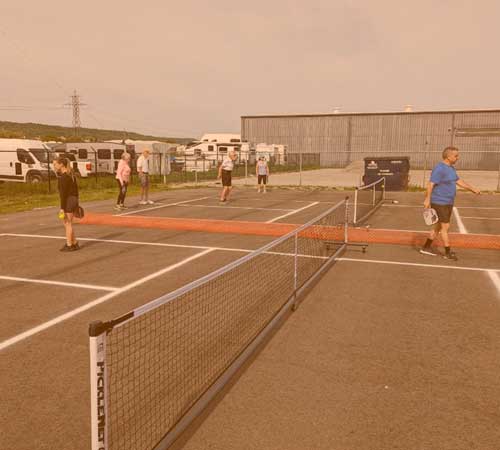Youth sports are great for kids. Not only do they help kids develop physical fitness, but they also give kids a social outlet, which is important for their mental well-being. A structured sports program can provide a safe, supportive environment. It also promotes friendships among teammates that can last well past the end of the season. Plus, many kids who play sports develop lasting friendships with their coaches and teammates. In addition to the physical benefits, participating in a sport can help your child deal with stress.
In addition to physical benefits, youth sports teach valuable social skills, such as teamwork. Studies have shown that adolescents who play sports experience less mental illness. While many parents believe the primary reasons for their child to participate in a sport are to have fun, the positive experiences that come from organized sports are often overlooked. Besides improving overall health, youth athletes also experience better emotional well-being. And because sports participation is so beneficial for a youngster’s body, they should be encouraged to take part in one.
Other benefits of sports
- Another benefit is the fact that youth sports help children build their self-esteem. While kids may have a tendency to shy away from positive people, the social support of an experienced mentor can be invaluable. The positive relationships created by youth sports can be lifelong. They also help children learn how to overcome stress, a valuable skill in adulthood. By participating in sports, kids can meet and interact with people who are positive. Even when they don’t play their favorite sport, they can find friends and mentors who are more likely to support them.
- As well as building relationships with teammates and coaches, youth sports participation fosters emotional control, discipline, and motivation in school. It’s a healthy way to stay healthy. Furthermore, young athlete can develop their social skills through teamwork. This can help them develop their self-esteem, which is essential for their future career. And most importantly, participation in a sport can help them develop relationships with teachers, coaches, and other adults.
- In addition to improving physical health, sports can also help children build relationships with people they do not know. Active children are more likely to be healthy adults, so they should be active and fit. They will be healthier and happier as adults. Moreover, they will enjoy a sense of accomplishment. They will also have fewer emotional problems. They will have fewer health issues later on. When they are young, participation in sports can be a lifesaver for both parents and children.
- Various studies have also shown that sports are beneficial for children’s self-esteem. According to a study, participating in a sport raises a child’s self-esteem and confidence. And when a child is involved in sports, it will be easier for parents to encourage him to join. In addition, physical activity improves the child’s mental health. This can help prevent depression, as well as other conditions that can negatively affect the body.
Participating in sports is also beneficial for the physical health of young people. It can increase a child’s bone mass, which means they will be less prone to fractures. Strengthening their bones can help a person become more resistant to injuries. The benefits of participation in sports are numerous. These include increased self-confidence, increased stamina, and healthier weight. For more information, visit www.healthy.org/children’s-health-benefits of teens and children.
Bottom line
Aside from improving physical health, sports can also help children learn how to interact with their teammates. Having a close bond with their teammates will help them develop confidence. It will help them learn how to work together with others and how to communicate with others. As a result, children who participate in sports will be more likely to succeed in school and in life. Aside from enhancing their confidence, they will also develop better communication skills with their peers.



